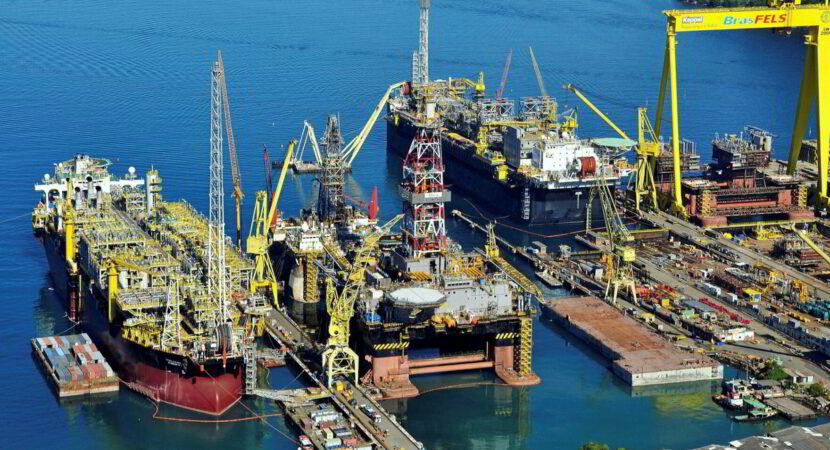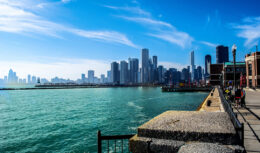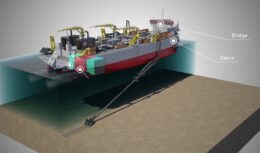
Prates promised to resume building support vessels in Brazil throughout his tenure at Petrobras. For this, he reinforces the need for public policies aimed at encouraging the naval industry by the Lula Government.
In a press conference held last Thursday (02/03), the new president of Petrobras, Jean Paul Prates, reinforced its intentions in the Brazilian naval sector for the coming years. He promised to invest in the resumption of the naval industry for the construction of support ships in the Brazilian market. According to him, however, this will only be possible from a collective effort with public policies that stimulate the segment.
See: Lula says he will promote the recovery of the naval sector
Petrobras will once again invest in the construction of new support vessels in the Brazilian market during Prates' tenure
Since assuming the presidency of the state-owned company, Jean Paul Prates has been highlighting strong intentions for the future of Petrobras in Brazil. Until now, investments in state policies and projects were the company's main focus.
In a recent press conference, the president commented again on plans with the oil company for the coming years. Now, he highlighted the interest in the resumption of the Brazilian shipbuilding industry.
Prates promised that, during his management, the company will invest again in the construction of support ships in Brazil.
For this to happen, however, he highlights the need for a state incentive for the Lula Government with public policies that stimulate the sector.
"Go. Now, you are going to do this within a collective construction. It's not enough for Petrobras to want it, it needs to be able to do it”, said the executive.
He pointed out that shipyards and the Brazilian shipbuilding industry are not yet in a competitive scenario for strong investments.
However, with the necessary and correct public policies, the construction of support vessels and other platforms in Brazil could be one of the most profitable branches in the coming years.
“If you do a survey, today, perhaps, a very complex piece of equipment made entirely in Brazil is three or four times more expensive. So, when there is a discrepancy at this level, public policy and another type of approach to this problem are needed”.
He promised that Petrobras will participate in this new approach for the Brazilian shipbuilding industry during his term.
Jean Paul Prates highlights new horizons for the Brazilian naval industry with Petrobras, beyond the construction of support vessels
Although the main focus of the new president of Petrobras is the construction of support vessels in Brazil, Prates commented on several other horizons for Petrobras in the Brazilian shipbuilding industry.
Offshore wind projects are currently the most attractive in Brazil. According to him, they are huge [offshore wind] equipment, three or four times larger than the equipment we see on land in the domestic market.
With that, he highlighted that the Brazilian shipbuilding industry can take advantage of the need to build this equipment to expand new horizons in the country.
The National Union of the Naval and Offshore Construction and Repair Industry (synaval) commented on the gap that the Brazilian shipbuilding industry has suffered in recent years.
The amounts contracted for projects in the field were drastically reduced from BRL 9,5 billion, 10 years ago, to BRL 570 million in 2021.
Now, under Prates' management, Petrobras is expected to turn not only to the construction of support vessels and platforms, but to the entire Brazilian shipbuilding industry.









TO COMPLETE THESE THEY PUT GENERAL WATERMELON🍉 TOMÁS…
Approved. Where to find? What is the estimated price?…
WHAT A DISSERVICE! The solution to waste…
Very cool!
35 tons of gold went to…
Throwing a lot of rubbish into the sea...
The right is extremely trustworthy. Kkkkkkkkkkkkkk
I already have experience but...